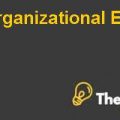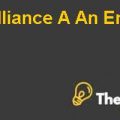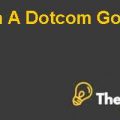
Indoor Air Pollution (IAP) was emerging as a silent killer and a major environmental hazard in many of the developing countries and around the world including India, China, and USA. One of the simple solution against this escalating threat was to introduce a low or zero carbon emission cookstove.
Envirofit International, a non-profit enterprise based in Ft Collins, Colorado, USA, took the measure against this threat in India with the help of the Shell Foundation by selling low cost and high performance cookstove, especially designed to minimize the carbon emission by at least 50 percent.
This case evaluates the strategies pursued by the Envirofet and demonstrate the outcomes of the base of the pyramid (BoP) strategy that focused to target the households with earning $2 to $7 a day and shows the techniques used by the company while encountering the challenges, during the development and marketing of the cookstove.
The company upfront investment in social marketing campaigns, through push strategy, did not yield the desired revenue, despite targeting the strong sales growth market segment BoP. VP Operations at Envirofit, Tim Bauer, and Envirofit India’s country manager, Harish Anchan, had to generate the strategies to grow the sales profitably to make this segment financially sustainable for the company.
In this case, students would have to suggest the alternatives to meet the targeted sales with the consideration of the behavior of consumer exist in the India’s BoP and they have to put an analysis about the opportunities and challenges exist for Envirofit in India’s market.













